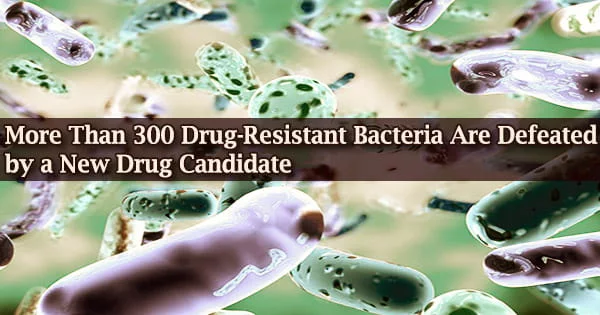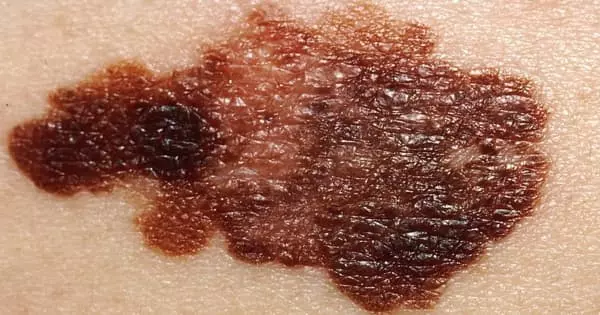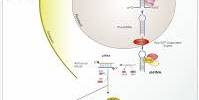Because the bacteria that cause urinary tract infections are getting more and more resistant to many medications, they are becoming more and more difficult to cure.
In ACS Central Science, scientists now describe the discovery of a novel chemical that inhibits drug-resistant bacteria in lab settings as well as in mice suffering from pneumonia and urinary tract infections. The substance fabimycin, according to the researchers, may one day be utilized to treat difficult bacterial infections in people.
According to the U.S. Centers for Disease Control and Prevention, gram-negative bacteria are a group of germs that cause illnesses like pneumonia, urinary tract infections, and bloodstream infections in millions of people worldwide.
Because they have robust cell walls that keep the majority of medications out and pumps that effectively remove those that do get inside, these bacteria are particularly challenging to treat. Medicines known as antibiotics are used to both prevent and treat bacterial infections. When bacteria adapt to the use of antibiotics, antibiotic resistance develops.
Antibiotic resistance develops in bacteria, not in people or other animals. Both humans and animals are susceptible to infection from these germs, and their infections are more difficult to treat than those brought on by non-resistant bacteria.
The bacteria can also change through mutation in order to resist numerous medications. Additionally, the treatments that do work are not very precise, eliminating a variety of microorganisms, even helpful bacteria.
Most bacteria that cause infections are capable of developing resistance to at least some drugs. Multi-resistant organisms (MRO) are bacteria that have broad antibiotic resistance. Natural resistance to some antibiotics exists in some microorganisms.
Paul Hergenrother and his team set out to create a medication that might overcome gram-negative bacteria’s defenses and treat illnesses while leaving other beneficial germs unharmed.
Starting with an antibiotic that was effective against gram-positive bacteria, the team made a number of structural changes that they thought would enable it to be effective against gram-negative infections.
While remaining largely inactive toward some gram-positive pathogens and some normally benign bacteria that reside in or on the human body, one of the modified chemicals, known as fabimycin, showed effective against more than 300 drug-resistant clinical isolates.
The novel compound also performed as well as or better than existing antibiotics at comparable doses in reducing the quantity of drug-resistant bacteria in mice with pneumonia or urinary tract infections to pre-infection levels or lower. The findings, according to the researchers, suggest that fabimycin may one day prove to be a potent cure for difficult-to-treat illnesses.
The National Institutes of Health, the National Science Foundation, the Combating Antibiotic-Resistant Bacteria Biopharmaceutical Accelerator, Anita and Josh Bekenstein, the Biomedical Advanced Research and Development Authority, the Military Infectious Diseases Research Program, and the Roy J. Carver Charitable Trust all provided funding for the study, which was acknowledged by the authors.
















